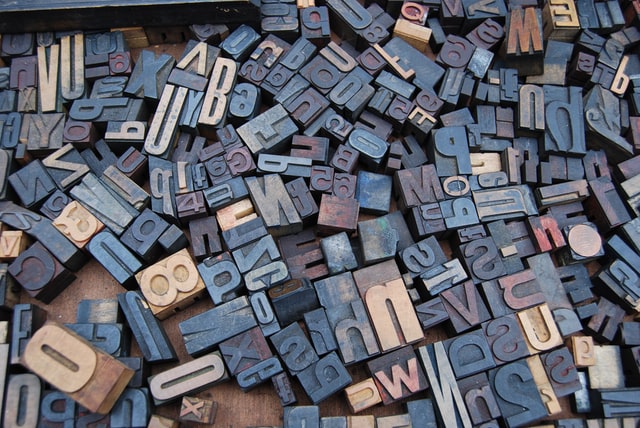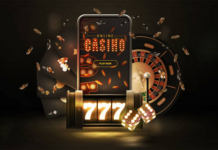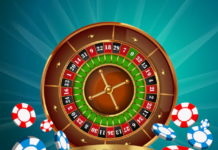Vocabulary is one of the foundations of a functional language. The more you have, the better your chances at success become. The resources below are great ways to get that vocabulary like play quickly word whizzle expanding in no time!
1) Read Old Books
These days we can easily find old books on any topics imaginable, or even find copies digitized and available for download. They’re easy to find on Amazon, eBay or your local library. Reading a book that’s been written long ago gives you an understanding of the history behind your topic area and an opportunity to build up a vast vocabulary with words that might otherwise be lost forever.
2) Listen To Classical Music
If you want to learn the textbook definition of “expressive,” then classical is the way to go. Composers such as Beethoven, Mozart and Chopin were very intentional with their compositions and wanted to create pieces that were full of drama and romance. Listening to them is like learning an entire new language—with words that are far more useful than today’s radio hits ever could be!
3) Watch A Cult Classic Movie
This one is pretty self explanatory. Cult classics are films that have a strong following over time, but either didn’t get the attention or distribution they needed or perhaps were made before their time. That’s what makes them so great! They’re almost as good as an entire language.
4) Read Classic Books
Also pretty self explanatory, classic books are great for building that vocabulary because they were written before the contemporary age of jargon. To read a book from the 1800s is to understand how people thought from that era, and those terms come in handy with any class. Whether it’s a modern classic like The Kite Runner or Jane Austen, or a classic that has been around for decades like Les Miserables, reading different genres out of order will give you a great feel for the language. This can help you to understand other types of books and give you ideas of where to go with your own writing in the future!

5) Listen To Music That You Love
Most of us have a favorite song or set of songs that we love to listen to. Pop, punk, blues and classic rock all have their defining characteristics, but through them all are words and phrases that we use so often they almost become the language itself. This one is pretty self explanatory too. Don’t be afraid to listen to something that you love. Music is a great way to learn as it’s a constant language that you can listen to almost anywhere. If you’re into rock music, have fun listening to classic rock, or even sludge metal for the challenge. You might even learn words you never knew before!
6) Watch Movies and Series
This is a great way of expanding your vocabulary. Many movies and series have a strong language that can only be truly understood by living in that culture for a period of time. Watching these shows will give you the opportunity to learn more words you might not have even heard before!
There are always plenty of movies that are in production and gather an audience over time. These are the ones most likely to offer some pretty obscure terminology if you watch them enough. Don’t be afraid to watch and rewatch some of your favorites. Each time they’re different, and you’ll learn things you didn’t notice before!
7) Play Games
Games come in all forms and have many ways to improve your vocabulary. Some are text heavy, some have a music history that can be followed, while others provide a challenge that borders on the impossible. Everyone knows that games are a great way to keep your brain active, but did you know that they’re also a great way to learn new words? Whether it’s Monopoly, Age of Empires or even a board game like Scrabble, all of these have some pretty interesting vocab words that can help you expand your language!
8) Play With Children’s Toys
Speaking of toys, kids’ toys can also be a great way to learn! The Fisher Price Little People are particularly full of interesting vocabulary that can help you expand your language. While you’re at it, play with some Legos. If you want to get down and dirty with the kids, then break out the building blocks and legos. There’s a lot of words to be found in your favorite construction blocks, but there are also some pretty obscure words in there that can really help you out with the learning process.
Conclusion:
There are tons of different ways to expand your vocabulary, and the more of them you experiment with, the more you’ll learn. Sometimes it feels like learning a new word is getting harder and harder, but when you take the time to force yourself to use them in a sentence or even understand what they mean, they become a whole lot easier! So feel free to experiment as much as you want. The more ways you try out, the better your chances of success!














